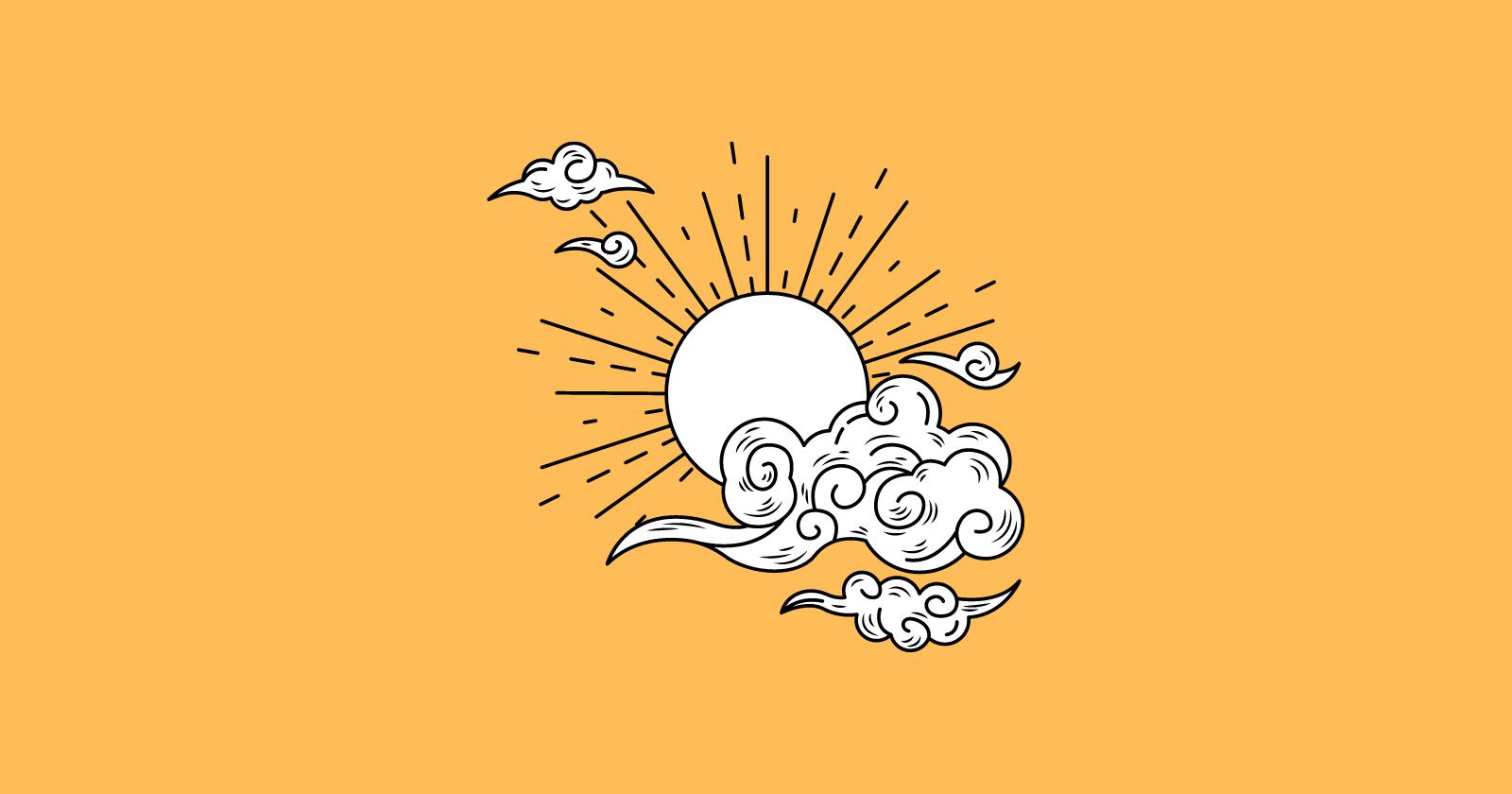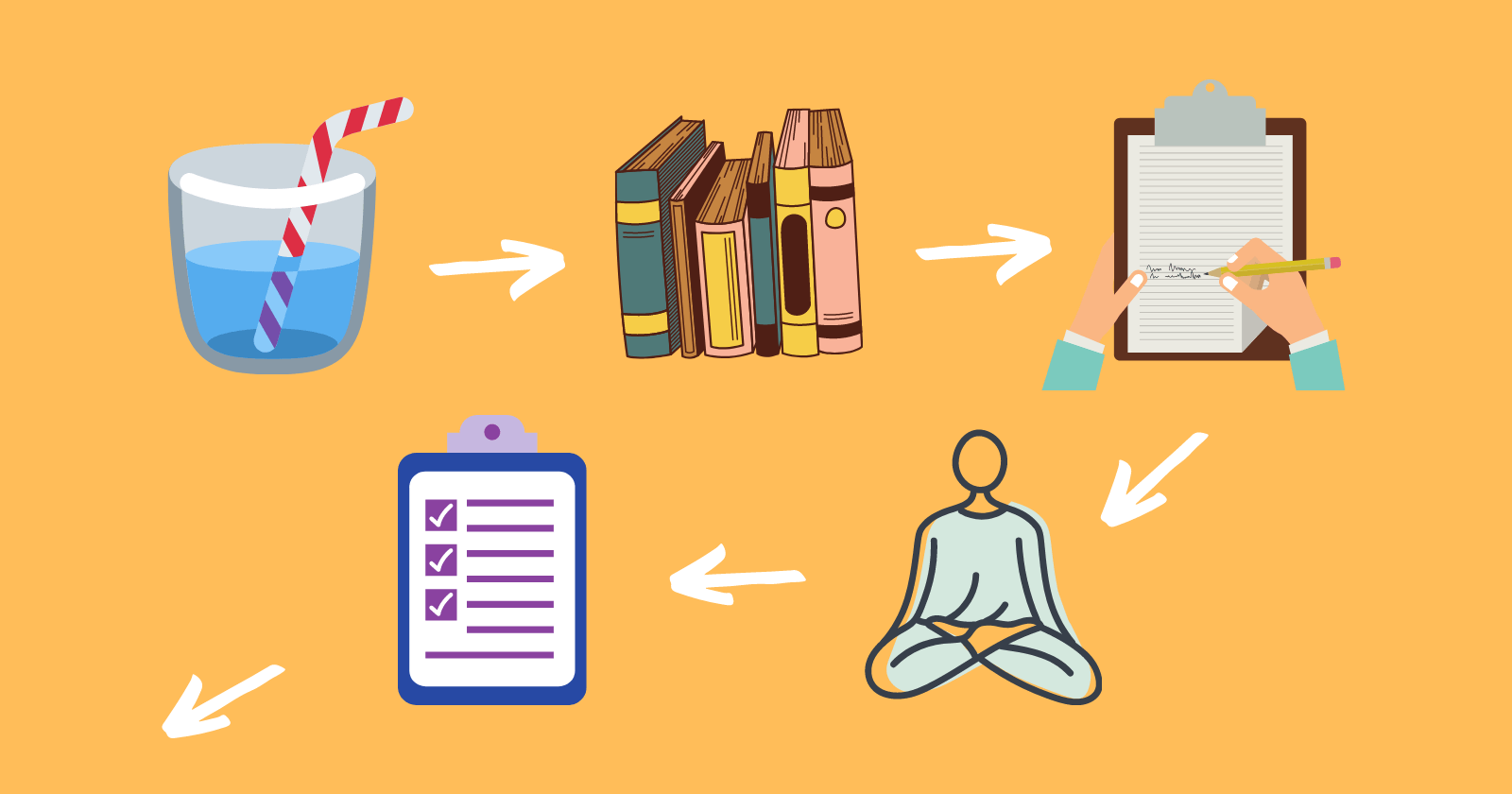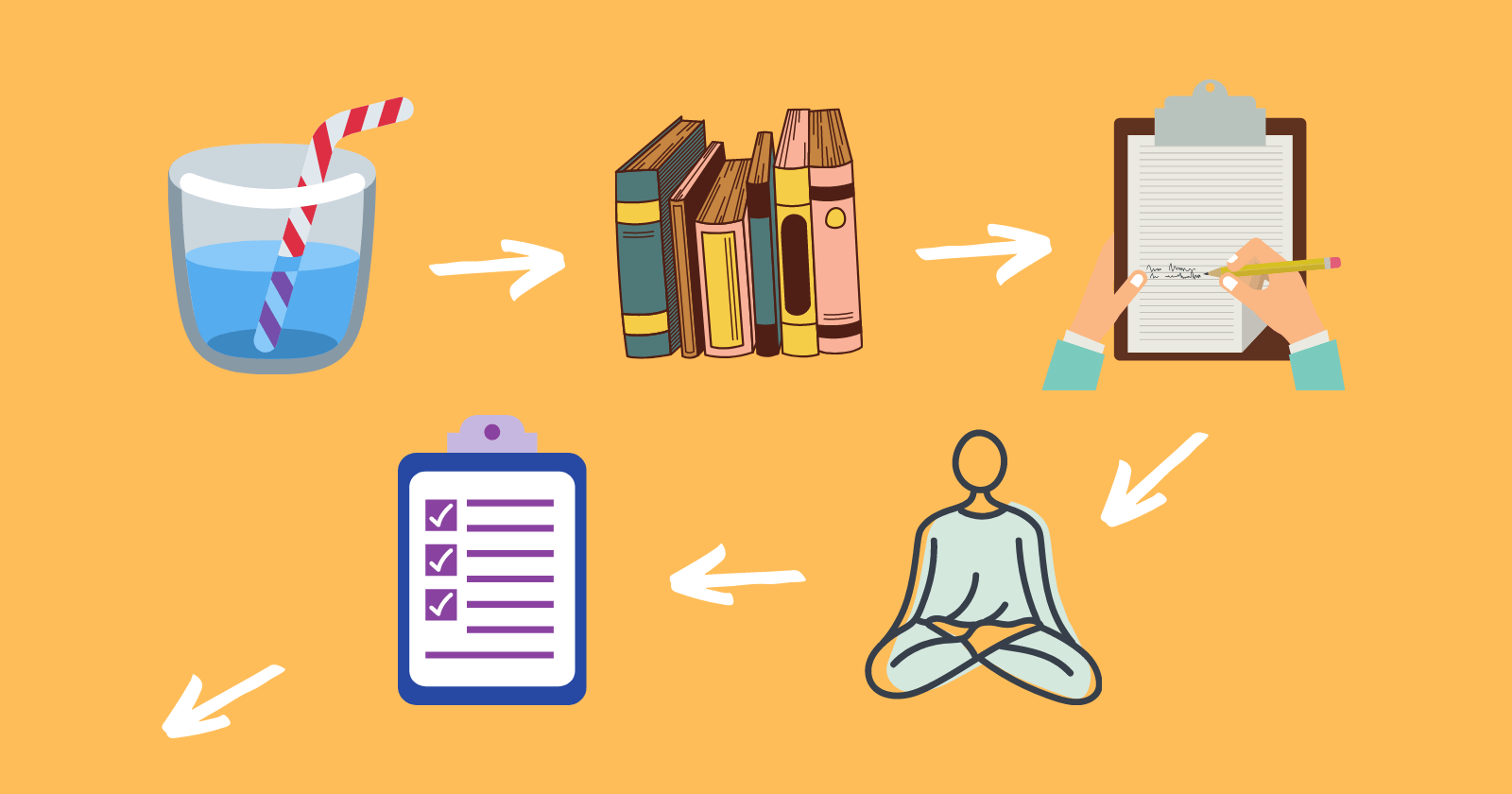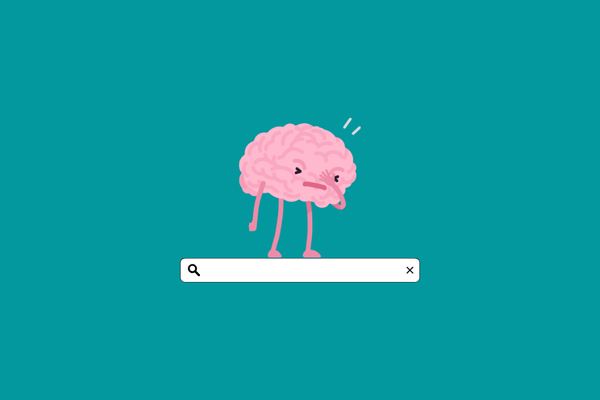Morning Routines - Ideas to Start The Day Productively
Business magazines and lifestyle Youtubers swear by the morning routine as the jolly joker for self-improvement. Cold shower, barefoot walking in the grass, a fancy smoothie and you’re ready to conquer life. Maybe cut a leak in a frozen lake and try to survive an early morning dive.

Business magazines and lifestyle Youtubers swear by the morning routine as the jolly joker for self-improvement. Cold shower, barefoot walking in the grass, a fancy smoothie and you’re ready to conquer life. Maybe cut a leak in a frozen lake and try to survive an early morning dive.
Otherwise, enthusiasm for morning habits is acceptable. The breakfast routines are solid. They contain specific activities, so it is easy to copy. You’ll find an idol and their morning routines will be the easiest part of their public moments to copy.
Creating a morning routine is indeed one of the best tools to achieve your goals, but not necessarily in the way many people think.
Most morning routine tips simply don’t work or make sense for independent people. You will not get closer to your goals from a cold shower and meditation. Some are led to peak performance by these small actions, but it is unlikely that a routine could be imposed on everyone.
Doing sauna and Wim Hof breathing exercises won’t make you a Fortune 500 company's CEO.
Dude explaining how he made his first $10 million:
— Dani Donovan 🧑🏻🎨 ADHD Comics (@danidonovan) March 12, 2021
1. Get up at 5:00AM every day
2. 90 minutes of cardio
3. Take a cold shower
4. Journal
5. Schedule out your day
6. Dad owns Fortune 500 company
7. Meditate
The morning routine alone does not lead to success or happiness.
However, if we take more scientifically proven tips than the content of smoothie warrior YouTubers and gratitude journal Vikings as a point of reference, the popularity of morning routines will not diminish either.
Morning routines are helpful, but not in the way most people think.
Find out why a morning routine makes sense, what to expect from a personalized routine, and what habits to include.
Benefits of morning routines
1. Accumulation of useful habits
In his book Atomic Habits, James Clear introduces us to a phenomenon called the Diderot effect. The writer and philosopher Diderot was not particularly wealthy, but it happened that he once received a huge sum for a commission.
From the sudden income, Diderot bought himself a red scarlet cloak. However, the cloak did not fit the armchair in this room, so he replaced it. The armchair thus struck the other pieces of furniture, so he replaced all the equipment.
This is how habits work.
If you build different habits on top of each other, they are more likely to become part of those days than if you tear them apart from your agenda separately.
2. Energy management and mornings
The most popular type of advice in self-improvement like "how to do everything in less time" is time management tips. And a school that co-exists says that instead of scheduling our time, we should consciously manage our energy.
If we think about energy management instead of time management (and it is worthwhile), then designing a morning routine can have a positive effect on our day.
In the morning, our willpower and energy levels are at a maximum, so we are more likely to perform useful but undesirable activities as well. At the same time, the morning routine lays the groundwork for the day, sets the direction to follow, and fills you with energy.
3. You control the day
The morning routine gives the day a direction. If you start your morning productively, chances are you will stay efficient for the rest of the day. Otherwise, we may slip into the mud of remorse.

If I’ve already started the day with Insta spins, why not skip the morning workout? If you've missed a workout anyway, why not eat Nutella pancakes with whipped cream topping? Going to work by bike after that? After that, it is unnecessary.
The first few hours of the day are largely influencing the remaining time as well.
Morning routine ideas
Popular morning routine tips mostly make sense, but without context, it’s completely unnecessary to offer them. A good morning routine will make you more aware, more efficient, happier, or just what you want to become.
I don’t know what your goal is, but I can share with you how I view my morning habits and how they support my goals.
Stephen R. Covey, the author of the 7 Habits of Highly Effective People (the book is much deeper than the title suggests), suggests to always take into consideration every part of our life and consciously work on them.
Let’s pay attention to our health from a physical, emotional, spiritual, and intellectual side as well.
With my morning routine, I try to support these areas.
Spirit-supporting habits
1. Planning
Like the popular advice, I try to plan a week, but in reality, something always comes up, something unexpected happens, so I like to refine the plan for that day in the morning.
I’m just writing things out for myself, clearing my head with this short exercise, which is nothing more than scribbling things down next to a few squares. Sometimes I feel that writing down the tasks in my head would be helpful even if I never picked up the list afterward.
2. Writing
My best ideas came to my mind during the morning keyboard flick, without exception.
Writing is a way of thinking for me that requires deep work, an environment free from interruptions and distractions, and I find this most often in the morning.
3. Reading - Learning
Most of us read in stolen minutes, and the rest of the time we complain that we don’t have time to read. I managed to exponentially increase the number of books I read with the little trick while sipping my morning coffee in the company of a good book.
On the one hand, the mornings are so much enjoyable this way, and on the other hand, I start the day by doing a little thing to be more knowledgeable.
Morning study minutes, however, are not limited to books.
Both video courses and self-paced online courses are typically the formats of learning that I can put off at infinity, even though their value is clear to me.
At the end of the day, most of the time my willpower falls short, so the online classes planned for the morning are my only chance to learn effectively.
Habits that support the emotional side

1. Journaling
Sometimes I mix journaling with planning, other times I take out my diary in the evening instead of in the morning, but the value of journaling and the effects of different journaling practices on self-knowledge are becoming clearer to me.
For me, journaling sometimes just means writing down my doubts, putting them on a sheet, which is depressing. I try gratitude journals and different guided exercises and each can give a positive tone to the day.
2. Silence, meditation, walking
Many swear by morning meditation, the usefulness of which I can confirm as a morning routine. However, in addition to the many reflective practices, extra meditation is sometimes a lot for me.
Sometimes it is more useful to have a morning walk or simply sit in silence for a few minutes if you have the opportunity.
Morning habits that support the body
1. Drink plenty of water
In fancy videos, we see tattoo buddhas sipping hot water and influencers twisting lemons into glasses every morning. Warm and lemon water also has extra positive effects, but the first step I think is simply enough to drink enough water.
Sipping a half-liter of water after waking up is perhaps more beneficial than all the other morning habits, especially if we start the morning with coffee, which immediately tipped us towards dehydration.
2. Healthy breakfast
Breakfast has an amazing effect on the whole morning. After an early sugar shock, the body is unable to recover, at least for half a day I just growl like a duck after a good dose of sugar.
There are countless healthy and delicious alternatives, however, but most of the time I get along with a protein smoothie when I’m not fasting.
Tips for a healthy breakfast routine
The morning routine is not an all or nothing game
Don’t think I’ll grind this list down every morning.
It’s a buffet from which I always pick something else. There are constant elements, but I don’t think we should put too much stress on our morning routine because it takes more energy than it has a positive effect on our lives.
I’m not a champion of productivity every day. Sometimes I also like to scan the internet in five minutes and do things that are sharply different from the ones listed above. The question is which activity will be built into your life as a habit.
A good morning begins the night before
You can meditate with a green smoothie in your hand and achieve nothing if you slept four hours the night before. Mornings are also determined by the quantity and quality of sleep the night before.
You can help by consciously limiting blue light (turning on no screen or blue light filter mode after 9 pm) and setting up a productive evening routine like breakfast. Most of the time, it’s not a big deal either.
It takes 21 days to form a habit
Habits provide security and allow us to perform useful activities even in autopilot mode. According to a frequently cited theory by a plastic surgeon, Dr. Maxwell Maltz, it takes 21 days to make an activity a habit.
Although many dispute this number, most counterexamples define even more days as habitual deadlocks.
It is therefore worth sticking to an activity for at least 21 days to incorporate it into our lives.
A small note
Not everyone can be the champion of a morning routine and not everyone has to start the day with ultra-efficient morning habits. The morning routine is partly selfish self-time, which although I think it helps to be a degree less insensitive, it is not an essential thing in our lives.
The morning routine looks completely different to many.
Many people don’t get up at four in the morning because a millionaire dude wrote about it in his book, but to get to work by six. Countless people voluntarily sacrifice morning self-time to care for others, for others to get their day off to a good start.
The morning routine is not everything in the world, but it can be helpful and I think it’s worth talking about.
What does your morning routine look like to you?



